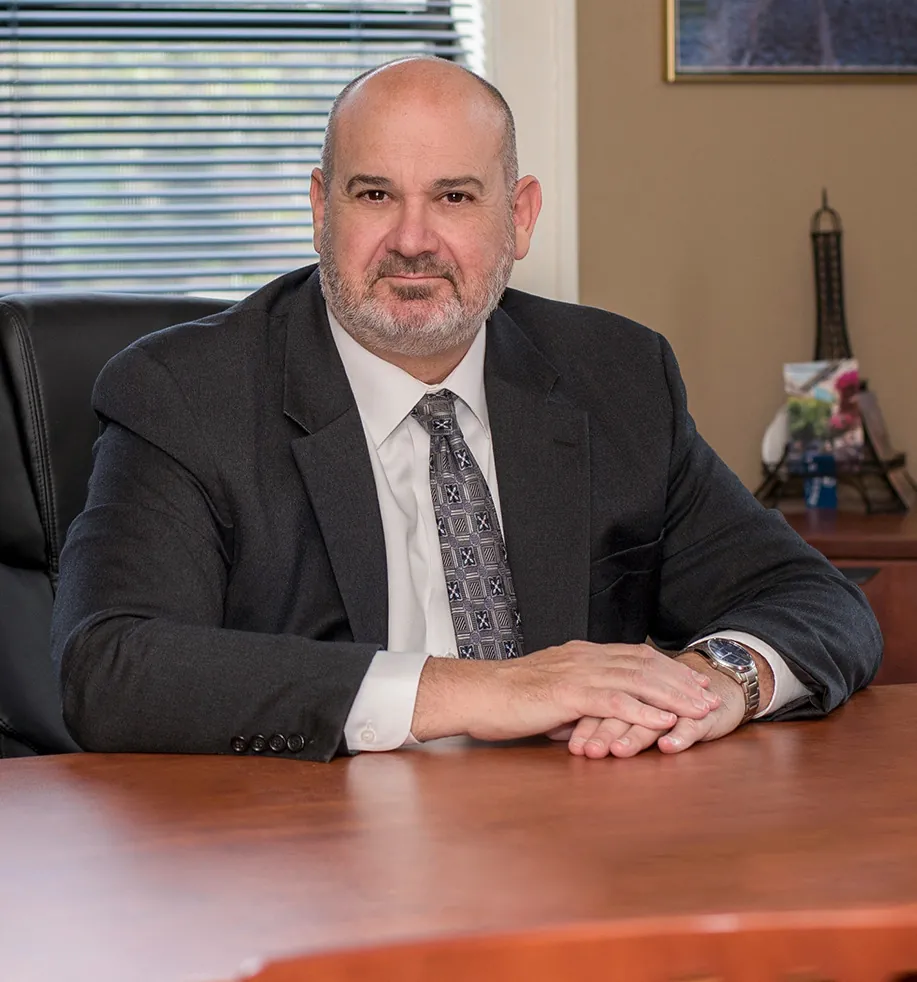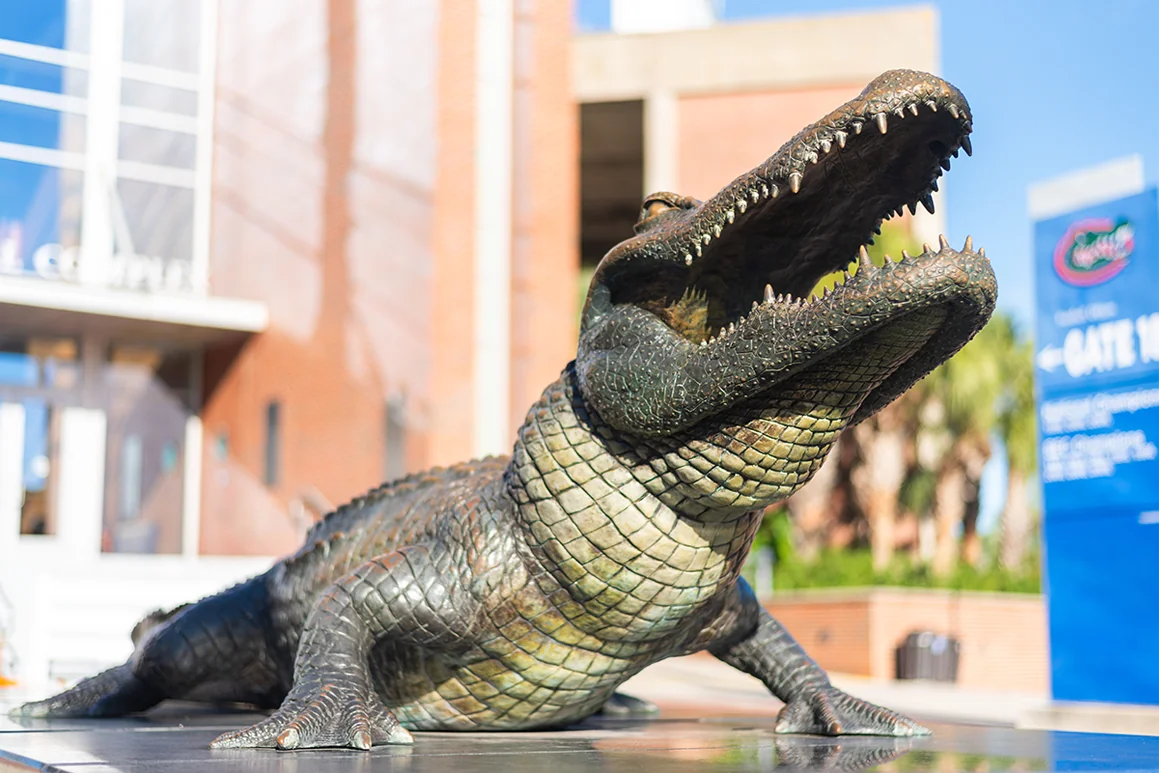Sobriety and DUI Checkpoints
In Michigan Department of State Police v. Sitz, 496 U.S. 444 (1990), the United States Supreme Court declared that sobriety checkpoints are not a violation of the Fourth Amendment to the United States Constitution. If checks are performed in a respectful manner under specific regulations with minimal intrusion, they are considered lawful.
Sobriety or DUI checkpoints procedures in Florida are based on two Supreme Court of Florida decisions: Campbell v. State, 679 So.2d 1168 (Fla.1996) and State v. Jones, 483 So.2d 433 (Fla.1986). All roadblocks must follow certain regulations set by these decisions. Any DUI or sobriety checkpoint that does not ah these standards may be declared unconstitutional.
Any person arrested for driving under the influence (DUI), driving on a suspended license, possession of a controlled substance or any other related criminal offense, may have their charges dismissed if the roadblock does not follow the outlined requirements.
There are several possible defenses a person can take if they are arrested at a sobriety checkpoint. It is vital that you contact an attorney if you have been arrested at a sobriety stop.
Gainesville Lawyers for Sobriety Checkpoints in Florida
A DUI checkpoint can induce anxiety and stress for motorists. It is important that you understand sobriety checkpoints and how they work to ensure your rights are protected. If you or someone you know has been charged with a DUI or other offense at a DUI stop, it is important that you find a criminal defense attorney.
Our lawyers at Galigani Law Firm are practiced in criminal defense. We have over 20 years of experience in handling Florida criminal cases resulting in reduced or diminished charges. Attorney Dean Galigani, Galigani Law Firm firm founder, has been recognized for his legal career by becoming president of the Florida Association of Criminal Defense Attorneys.
Put your case under the wing of an experienced lawyer. Call Galigani Law Firm to put your mind at ease today. We have represented clients arrested throughout the Eighth Judicial Circuit and adjoining counties including Alachua County, Levy County, Gilchrist County, Marion County, Baker County, Columbia County, Union County, and Bradford County.
Be ahead of the prosecution, and call Galigani Law Firm. You can reach us at (352) 375-0812, or submit an online form for your free consultation today.
Overview for Sobriety Checkpoints in Florida
- What is a Sobriety Checkpoint?
- Requirements
- What are My Rights?
- Commonly Asked Questions
- Additional Resources
What is a Sobriety Checkpoint?
A DUI or sobriety checkpoint is a traffic stop that is set up by the police department, but is not related to any specific or individual suspicions. Many consider these checkpoints to be an infringement of Constitutional rights and an invasion of privacy.
A DUI stop is temporary, and must be considered “random” in a high-traffic area. Police departments are required to release beforehand where their sobriety checkpoints will be.
If you are stopped at a sobriety checkpoint, you are required to answer a few questions by law officials. After this, if officers find cause to think that you are driving impaired, they may have you complete several field sobriety tests.
Sobriety Checkpoint Requirements in Florida
In Campbell v. State, 667 So.2d 279 (Fla. 1st DCA 1995) conflicted with decisions in State v. Jones and Hartsfield v. State, 629 So.2d (Fla. 4th DCA 1993) decisions regarding whether standardized guidelines must be required before the police can create a roadblock.
The First District Court of Appeal upheld Campbell’s conviction and continued the legalities of roadblock procedures. However, the Supreme Court of Florida rejected the district court decision after concluding that the police’s documentation did not comply with the written requirements made by the State v. Jones decision. This rejection rendered Campbell’s stop unconstitutional under the Fourth Amendment and article I, section 12 of the Florida Constitution.
The Supreme Court of Florida also approved the Fourth District’s decision to reverse the order which denied Hartsfield motion to suppress the case for further proceedings in Hartsfield. The Court wrote regarding this matter:
The requirement of written guidelines is not merely a formality. Rather, it is the method this Court and others have chosen to ensure that the police do not act with unbridled discretion in exercising the power to stop and restrain citizens who have manifested no conduct that would otherwise justify an intrusion on a citizen’s liberty. In this country the police are not vested with the general authority to set up “routine” roadblocks at any time or place. Rather, law enforcement was placed on notice by our holding in Jones that the stopping and detaining of a citizen is a serious matter that requires particularized advance planning and direction and strict compliance thereafter.
Law enforcement may have their own set of operating policies, but all sobriety or DUI checkpoints must comply with the above Supreme Court guidelines.
What are My Rights at a DUI Checkpoint?
It is important to not be rude or confrontational during these roadblock stops. It is your constitutional right to refuse to answer questions or perform sobriety tests. In most cases, it is best to not say anything to police until you have legal representation.
Alongside this, understand that law enforcement agencies in Florida are required to publish where sobriety checkpoints will be located. It might be best to protect yourself by avoiding the DUI checkpoint altogether, although you should always avoid operating a motor vehicle altogether after consuming alcohol.
Commonly Asked Questions about Sobriety Stops
Listed below are some commonly asked questions regarding sobriety stops and what you can do during a DUI checkpoint.
- Can I deny a search? – Yes, you do have the right to deny consent to any searched. If you are asked to step out of your vehicle you must however. Be sure to close the door behind you.
- Can I refuse a sobriety test? – Yes, in the state of Florida you are allowed to deny sobriety or breathalyzer tests. However, denying a field sobriety test will result in some legal consequences. There is still a possibility to be arrested for DUI, and your driver’s license will be automatically suspended for the refusal.
- Can I turn around when I see a checkpoint? – Yes, you are allowed to do a U-turn to avoid a checkpoint. Take note though, that officers do notice these maneuvers. If no law is broken they are unable to stop you. They may, however, try to detain you on another driving offense such as speeding, illegal u-turns, unsafe lane changing, or other violations.
- Can I keep my windows rolled up while displaying my license and registration? – Yes, but it is highly advised to roll down your windows all the way so that officers do not believe you are trying to hide something.
- How do I find out about DUI checkpoints in advance? – You can do a basic internet search for DUI checkpoints information that has been published or otherwise made publicly vle by law enforcement agencies, newspapers, or other entities You can also download certain apps that notify you about sobriety checkpoints.
Additional Resources
Sobriety Checkpoints in Florida – Visit the HG.org, a resource for legal professionals. Read about sobriety checkpoints in Florida, signs that law enforcement are looking for, what happens with a Florida DUI checkpoint refusal and more.
Local Police Could Charge Those Passing Over DUI Checkpoints – Visit Alligator.com, the University News for the University of Florida since 1906. Read an article written by Emily Cochrane, regarding DUI checkpoints. See specifics on DUI checkpoint laws, what sobriety stops aim to do, and opinions by University of Florida students and staff.
A Piece of Paper Could Get You Out of a DUI Checkpoint – Visit WUFT, a news and educational broadcast platform aimed to University of Florida students and other universities in the broadcast area. Watch a video by Amanda Di Lella illustrating a DUI stop and a man’s reaction to it after not exiting his vehicle.
Find a Attorney for Sobriety Checkpoints in Florida
If you were arrested or charged with a DUI at a checkpoint, it is important that you remain silent with law enforcement and retain legal representation. Protect your rights with a formidable defense and an experienced criminal defense attorney at Galigani Law Firm.
Galigani Law Firm has practiced Florida criminal law for over twenty years. Our attorneys will go to battle for your rights. We have had many DUI and DWI-related cases and been able to reduce or diminish the charges completely. The attorneys at Galigani Law Firm have handled many criminal defense cases throughout the greater Eighth Judicial Circuit area and surrounding counties including Bronson in Levy County, Starke in Bradford County, Ocala in Marion County, Trenton in Gilchrist County, Macclenny in Baker County, Gainesville in Alachua County, and Lake Butler in Union County.
Our attorneys at Galigani Law Firm are familiar with various law enforcement officials in court including the Office of Baker County’s Sheriff, the Bronson Police Department, the University of Florida Police Department (UFPD), the Trenton Police Department, the Ocala Police Department, the Lake City Police Department, the Levy County Sheriff’s Office, the Office of Columbia County’s Sheriff, the Gainesville Police Department, the Office of Alachua County’s Sheriff, and the Starke Police Department.
Get a criminal defense attorney you can count on. Call (352) 375-0812 or submit an online contact form today.







